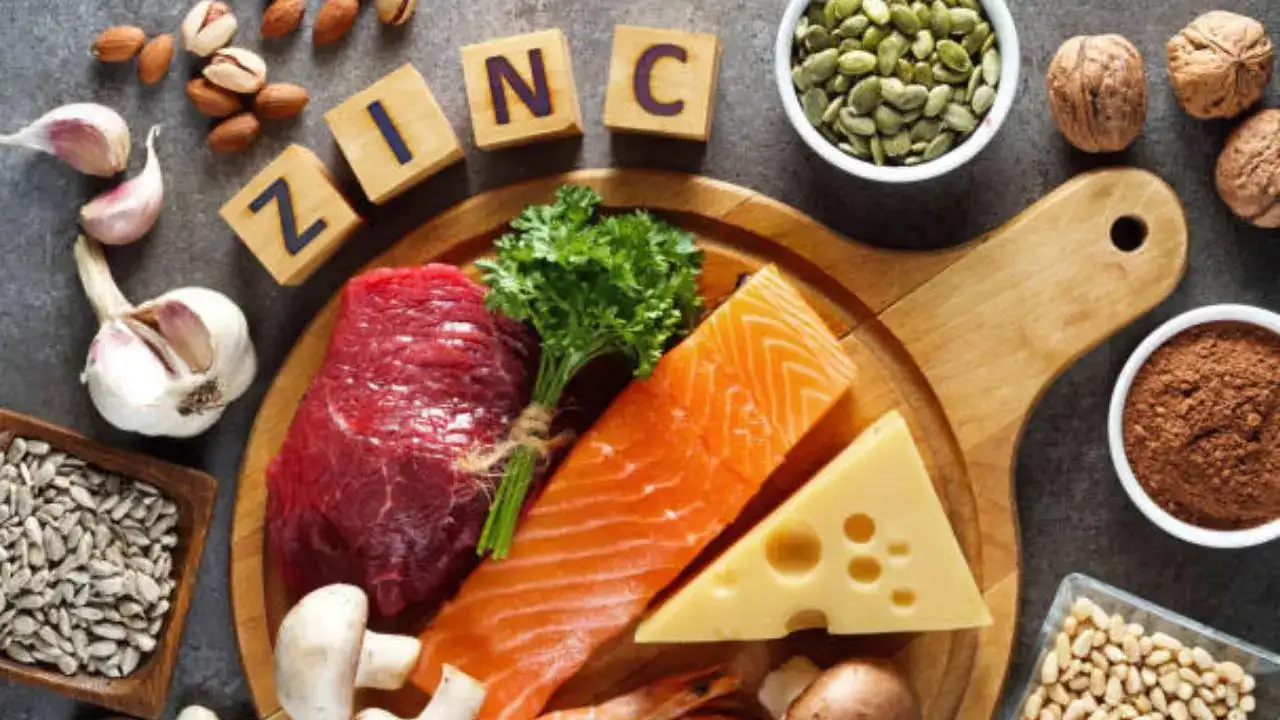
Zinc is necessary for healthy growth during childhood, adolescence, and pregnancy
Zinc is one of the most essential nutrients that your body needs to function properly. It plays a key role in skin health, immune function, and cell growth and also protects against acne, inflammation, and other conditions. According to experts, it is necessary for healthy growth during childhood, adolescence, and pregnancy.
While the likelihood of being deficient in zinc is rare, as you may get it through diet, a deficiency can lead to a variety of symptoms and complications that impact growth, immune function, and overall health. And so, it is important to include this macronutrient.
Benefits of including zinc
Protects from colds and flu
According to experts, zinc lozenges are of great help as they can protect against cold and flu symptoms or shorten the length of a cold.
Can treat acne
Those with acne often have low serum zinc levels, and both oral and topical zinc have been found to reduce the prevalence of inflammatory papules, both when used as monotherapy and as a supplemental therapy.
Strengthens bones
Zinc plays an important role in bone development and repair. According to experts, zinc also significantly helps prevent osteoporosis and other bone- and joint-related issues.
Reduces risk of chronic conditions
Zinc helps combat oxidative stress and lower the markers of systemic inflammation—which are associated with various serious conditions like arthritis, heart disease, kidney disease, and neurological conditions like Alzheimer’s, Parkinson’s, and multiple sclerosis.
What happens when there is too much zinc in your body?
According to doctors, even though taking too many zinc supplements may have few side effects—like any other vitamin and mineral supplement, zinc can lead to a slightly upset stomach if taken without food. Experts urge taking zinc with water or juice and not at the same time as any iron or calcium supplements.
A few severe side effects can also happen if you take too much zinc, including:
- Nausea and vomiting
- Loss of appetite
- Stomach pain or cramping
- Diarrhoea
- Headaches
While you do not need a lot of zinc in your body, as it is just a trace mineral, it does have significant adverse effects and interactions with medications or other supplements, so always take them under the supervision of your doctor.
How much zinc should be taken?
Doctors say the inclusion of zinc supplements depends on your age. While eating a healthy and varied diet and taking a daily multivitamin provides all the zinc you need, a prenatal vitamin may be enough for pregnant and nursing women.
However, if a child or older adult is deficient, they would need specific doses of zinc under the supervision of a doctor. If needed, it is typically done over limited periods of time, taking plenty of breaks. Never give zinc to a child without the instructions of a healthcare provider.
What happens if you take too much zinc?
While it is completely safe to take zinc from your diet, getting too much of the mineral through supplements can be a big problem. According to doctors, to avoid toxicity you must be aware of the proper dosage and be mindful of the suggested upper limit of the supplement.
For adults, the upper tolerable limit of daily intake of zinc, which includes both food and supplements, is 40 mg. Over that, if you take too much zinc, you may have:
- Nausea and vomiting
- Headache
- Dizziness
- Loss of appetite
To get enough zinc through your diet, you must eat fortified foods like:
- Oysters
- Meat
- Fish
- Chicken
- Seafood, like crab and lobster
- Fortified cereals
Get Latest News Live on Times Now along with Breaking News and Top Headlines from Health and around the world.
